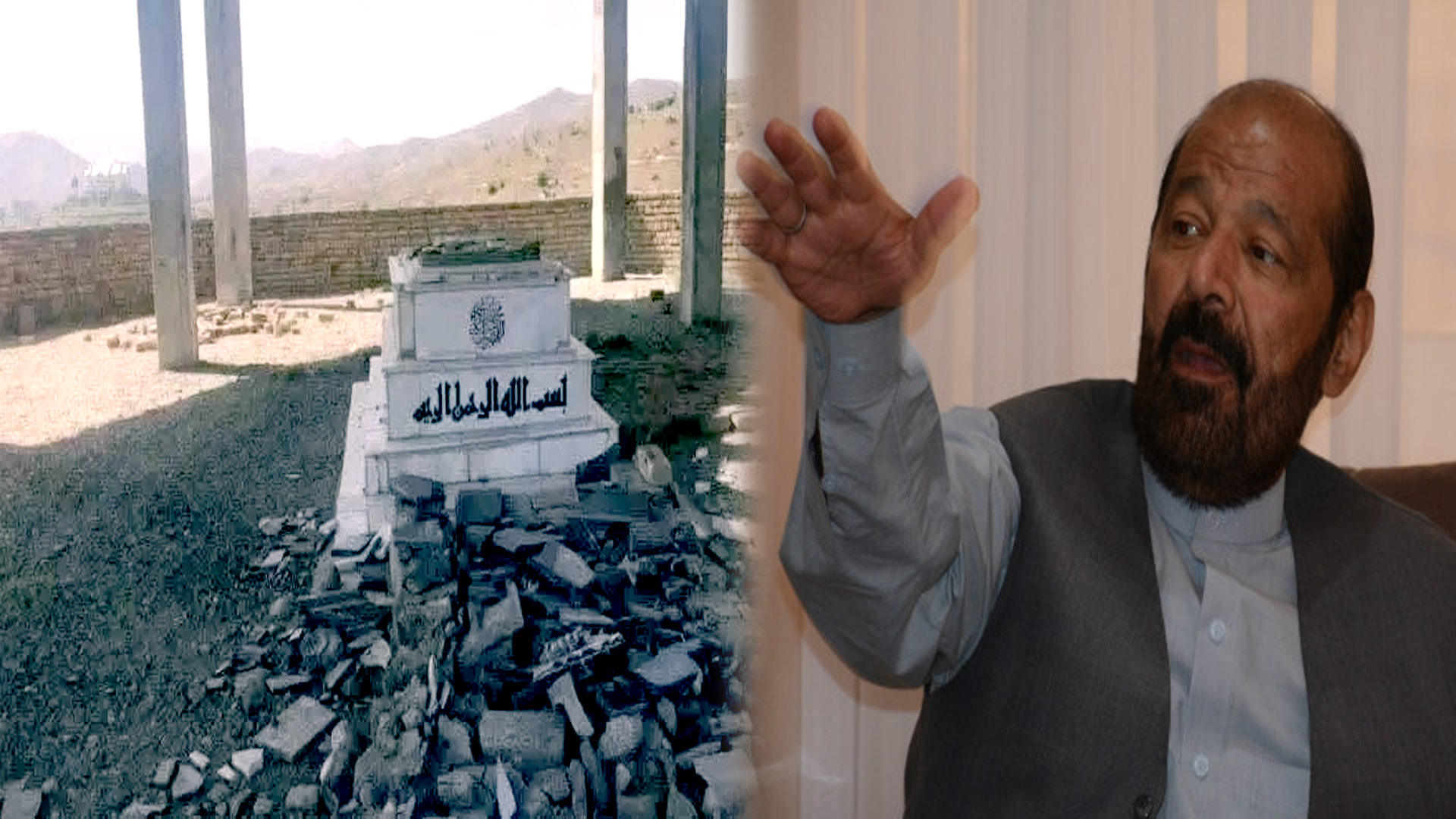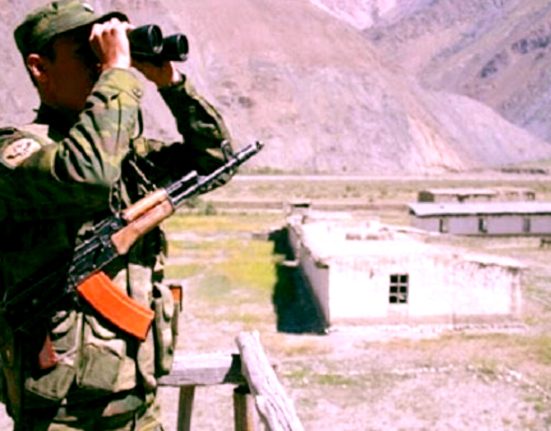
Taliban halts reconstruction of Sayed Hussain Anwari tomb, considers moving body.
Reliable sources have reported that the Taliban’s Ministry of Justice and Intelligence have intervened in the reconstruction of the tomb of Sayed Hussain Anwari, the former leader of the military wing of the Harakat-e-Islami party, and have ordered an “immediate halt” to all construction work at the site.
The Taliban’s Justice Minister is said to have explicitly emphasized in a meeting with project officials that no activity should be carried out at the site until further notice.
Some sources have also reported that the Taliban plan to move Anwari’s body from Scarat Hill in the Darul Aman area of Kabul to another location, although the reason for this decision has not been announced yet.
Sayed Hussain Anwari was born in 1956 in Sheikh Ali district of Parwan province.
He completed his primary and secondary education in his hometown and then continued in Kabul, where he earned a bachelor’s degree from the Teacher Training Academy.
He joined the ranks of the Mujahideen during the Soviet occupation of Afghanistan and became one of the prominent commanders of the military wing of the Harakat-e-Islami Party.
Anwari was later active in the resistance against the Taliban and emerged as one of the country’s well-known political and military figures.
After 2001, Anwari played a prominent role in the structure of the new government, serving in positions such as Minister of Agriculture, Governor of Herat, and People’s Representative in the Parliament.
He also served as the President’s Senior Military Advisor. Sayed Hussain Anwari died of cancer in India in 2016 and was buried in the Scarth Hill in Kabul.
Now, the Taliban’s decision to halt the reconstruction of the tomb and the possibility of transferring his body has sparked debate and reactions in political and social circles, as many consider Anwari a symbol of jihad and resistance in Afghanistan’s contemporary history.







